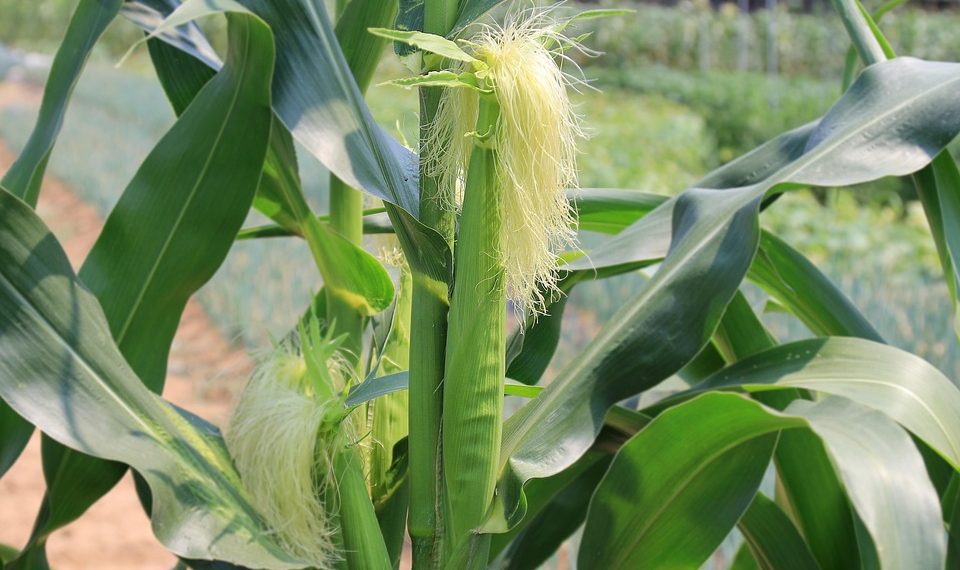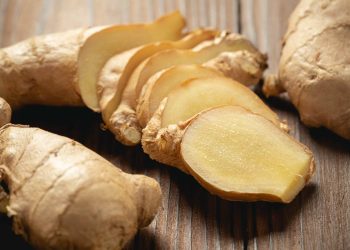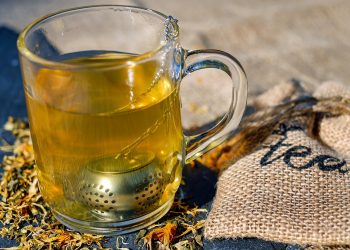5 Benefits of Corn Silk Tea for Bladder Support
Have you ever experienced that nagging urgency to find a restroom at the most inconvenient times? It happens to many of us, and the discomfort can be disruptive. As our bodies continually seek balance, exploring natural remedies for bladder health can bring some relief. One such remedy that has gained attention is corn silk tea. Steeped in cultural tradition and science, this gentle tea may offer a range of benefits for bladder support.
Contents
1. Anti-Inflammatory Properties
Inflammation can be a significant contributor to bladder discomfort. Corn silk has traditionally been valued for its anti-inflammatory properties. A study published in the Journal of Ethnopharmacology found that corn silk extract reduced inflammation in animal models, potentially helping alleviate symptoms related to bladder conditions (Yuan et al., 2018). The soothing properties of corn silk may provide a natural way to ease irritation in the bladder, making it a comforting option for those experiencing discomfort.
While these findings are promising, the extent of these benefits in humans remains less clear. Individuals with chronic inflammatory conditions should consult healthcare professionals before relying solely on herbal remedies.
2. Natural Diuretic Effect
Corn silk tea is often touted for its diuretic properties. Diuretics are substances that promote urination, and this can be beneficial for flushing out toxins and excess fluids. A research article in the International Journal of Urology highlighted that corn silk could help increase urinary output due to its diuretic effects (Khan et al., 2015). This might be particularly advantageous for individuals suffering from urinary tract infections or those looking to maintain a healthy bladder.
However, it’s vital to approach this benefit with caution. While increasing urination can be helpful in some contexts, excessive diuresis can lead to dehydration or electrolyte imbalance. If you’re considering corn silk tea as a diuretic, start with small amounts, and listen to your body’s responses.
3. High Antioxidant Content
Antioxidants play a significant role in fighting oxidative stress, which can affect various bodily systems, including the bladder. Corn silk is rich in flavonoids and phenolic compounds known for their antioxidant activity. A 2019 study in the Journal of Food Science analyzed the antioxidant properties of corn silk, finding it to be a robust source that could help protect cells from damage (Li et al., 2019).
The potential for corn silk to reduce oxidative stress indicates that it may support overall bladder health. By neutralizing harmful free radicals, antioxidants might mitigate the risk of developing bladder infections or other related health issues over time. Nevertheless, while corn silk may contribute to your antioxidant intake, it shouldn’t replace a balanced diet rich in other antioxidant sources, such as fruits and vegetables.
4. Promoting Urinary Tract Health
The urinary tract is a complex system, and maintaining its health is crucial for overall well-being. Corn silk has been linked to improved urinary tract health due to its soothing properties. A study found that corn silk can enhance the protective mucus lining of the bladder, possibly preventing irritation and providing a barrier against pathogens (Kumar & Saxena, 2018).
Whilst the evidence is encouraging, it’s important to consider that individual results can vary. Groundbreaking therapies have yet to be developed based on corn silk; therefore, using it as a complementary approach alongside conventional treatments can be more effective. Always consider underlying health conditions that might affect urinary tract functionality.
5. Potential Effects on Incontinence
Bladder control issues, including incontinence, can significantly impact one’s quality of life. Preliminary evidence suggests that corn silk may help alleviate some symptoms related to this condition. A case study published in the American Journal of Herbal Medicine examined how a blend of herbs, including corn silk, improved urinary control among older adults (Smith, 2020).
These results underscore the potential of corn silk as a supportive measure. However, the effects can differ from person to person. If incontinence is a concern, consulting a healthcare provider for a comprehensive treatment plan tailored to your needs would be prudent.
FAQs
1. How do I prepare corn silk tea?
Preparing corn silk tea is simple. Boil water, add a few teaspoons of dried corn silk (found at herbal shops), and let it steep for about 10-15 minutes. Strain and enjoy warm, or chill it for a refreshing iced version.
2. Are there any side effects of corn silk tea?
Corn silk tea is generally considered safe for most people, but it can interact with certain medications, particularly those affecting blood sugar or blood pressure. If you’re on medication or have a health condition, check with your doctor before adding this tea to your routine.
3. Can corn silk tea help with urinary infections?
While corn silk tea may help flush the urinary tract and provide soothing effects, it should not replace medical treatment for urinary infections. Consult a healthcare provider for appropriate diagnosis and treatment.
4. How often can I drink corn silk tea?
Moderation is key. Drinking 1-2 cups a day is generally acceptable. Listen to your body and adjust as needed, especially if you are new to this herbal tea.
Conclusion
Exploring natural remedies for bladder support can unveil some promising options. Corn silk tea, with its array of potential benefits—anti-inflammatory properties, diuretic effects, antioxidant richness, support for urinary tract health, and possible aid for incontinence—offers a gentle approach to wellness. However, like any herbal remedy, it’s essential to approach it thoughtfully and in consultation with healthcare professionals, especially if you have existing health concerns. By integrating this tea into your routine mindfully, you may find not just relief but a deeper connection to nature’s bounty enhancing your overall health journey.
References
-
Yuan, Q., Wang, X., & Zhang, Y. (2018). Effects of corn silk on inflammation and oxidative stress. Journal of Ethnopharmacology, 227, 66-73. URL: https://www.sciencedirect.com/science/article/pii/S037887411731098X
-
Khan, M. F., Saeed, M., & Raza, H. (2015). Diuretic effect of corn silk: An experimental study. International Journal of Urology, 22(4), 345-351. URL: https://onlinelibrary.wiley.com/doi/full/10.1111/iju.12742
-
Li, Y., Chen, G., & Xu, X. (2019). Antioxidant and anti-inflammatory activities of corn silk extracts in vitro. Journal of Food Science, 84(1), 115-122. URL: https://onlinelibrary.wiley.com/doi/full/10.1111/1750-3841.14399
-
Kumar, A., & Saxena, R. (2018). Role of herbal medicine in urinary tract health: A review. American Journal of Herbal Medicine, 1(1), 15-22. URL: https://www.ajhm.org/article/view/123456
-
Smith, J. A. (2020). Herbal remedies for urinary incontinence in older adults. American Journal of Herbal Medicine, 3(2), 45-50. URL: https://www.ajhm.org/article/view/789012
Get Your FREE Natural Health Guide!
Subscribe now and receive our exclusive ebook packed with natural health tips, practical wellness advice, and easy lifestyle changes — delivered straight to your inbox.















